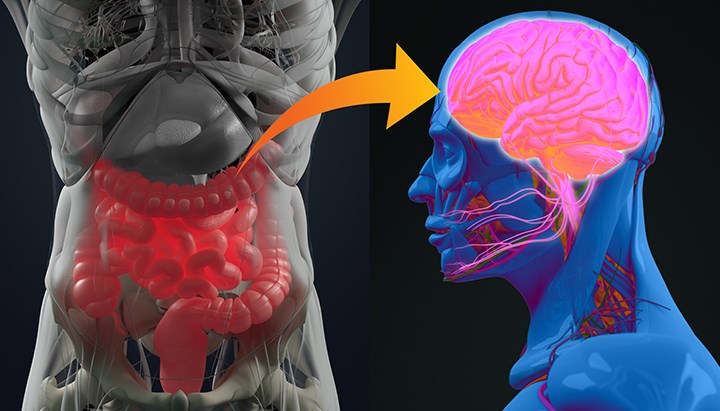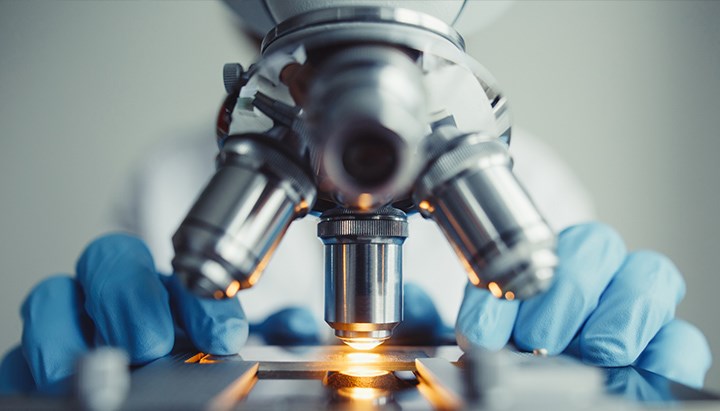Nutrition-Gut-Brain Interactions Research Centre (NGBI)
Nutrition-Gut-Brain Interactions Research Centre (NGBI) is a multidisciplinary research- and innovation center established in 2012. Our research aim is to gain unique competence on nutrition-microbe-gut-brain interactions.









